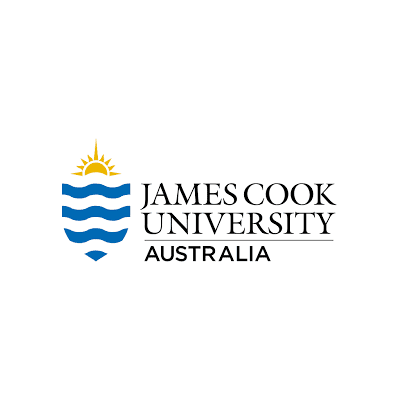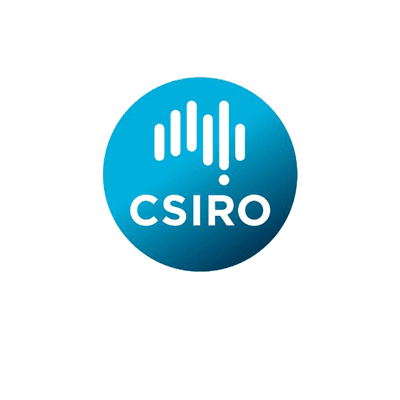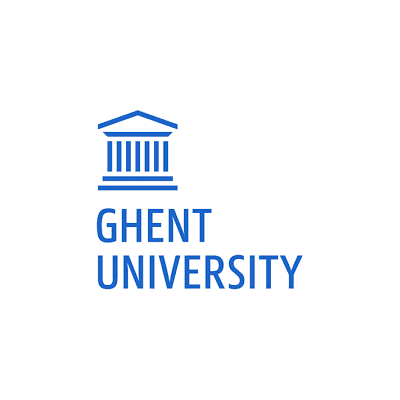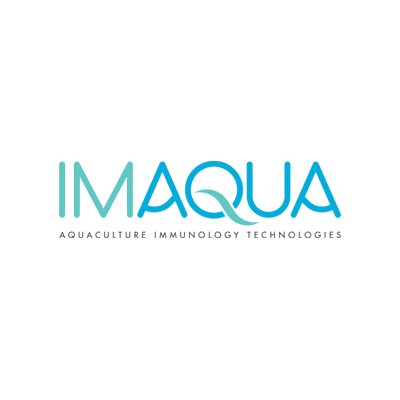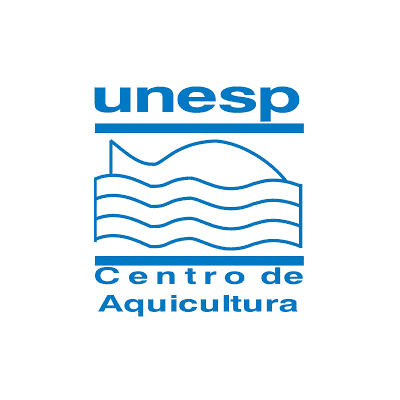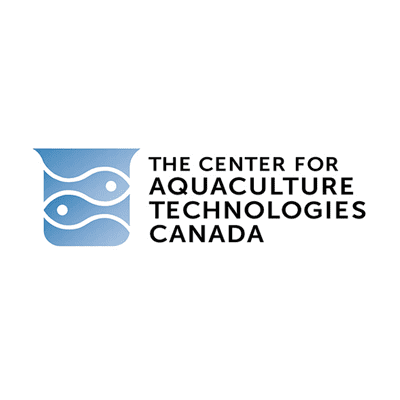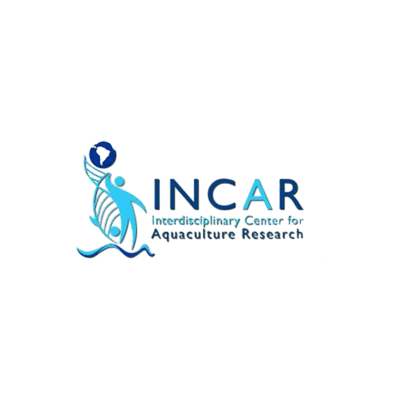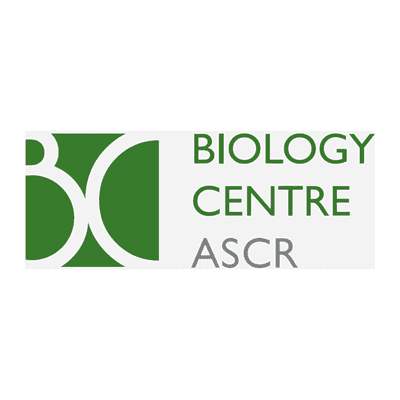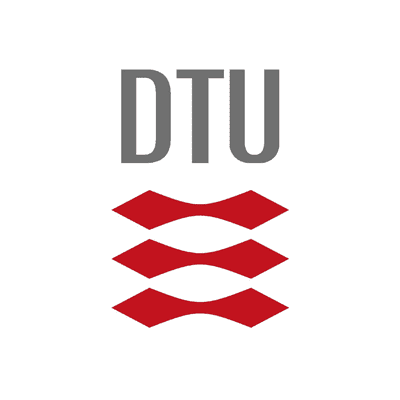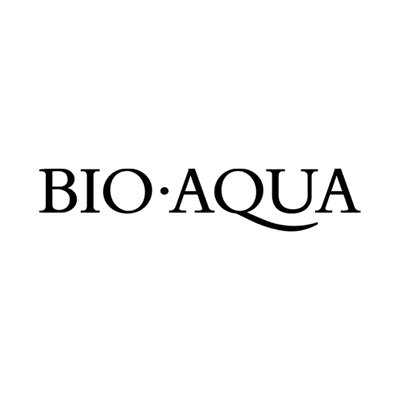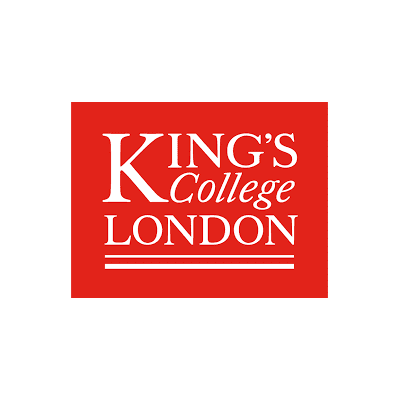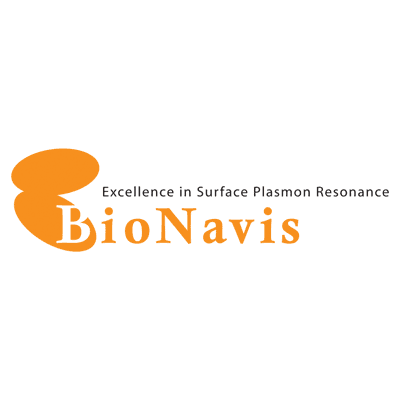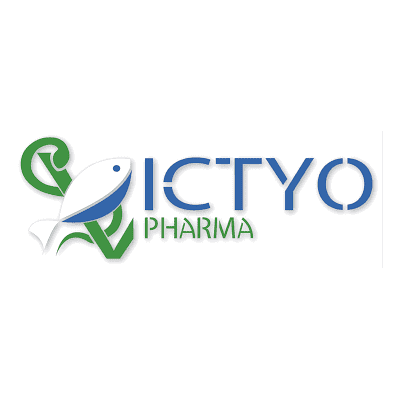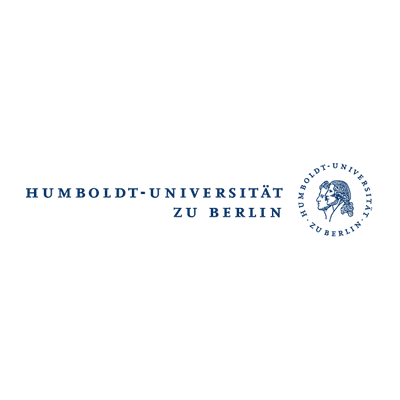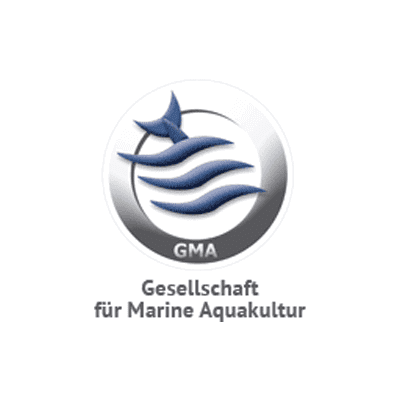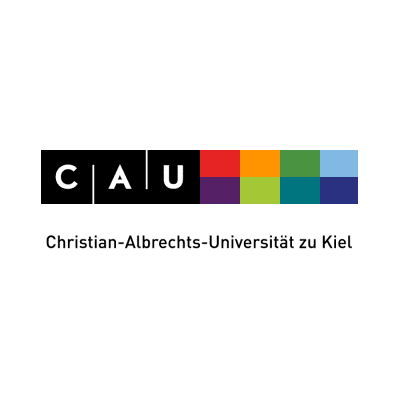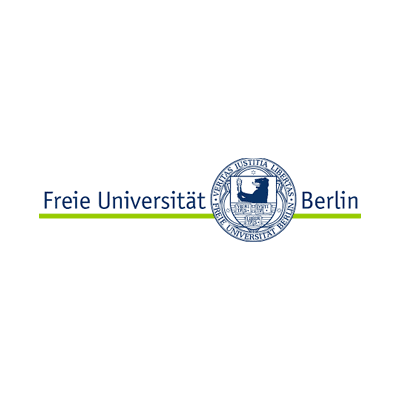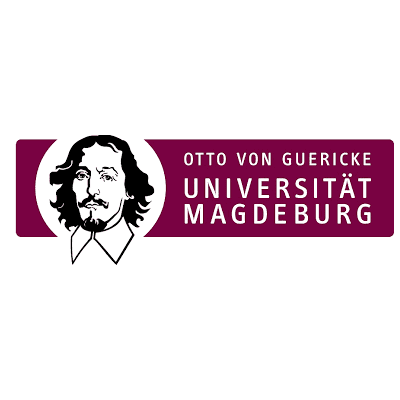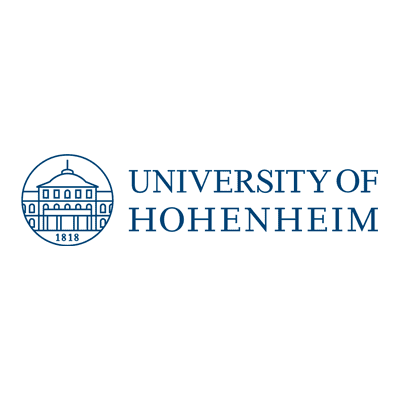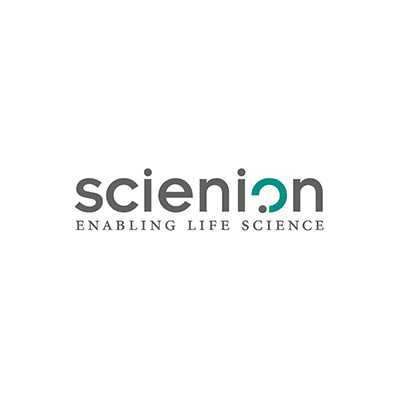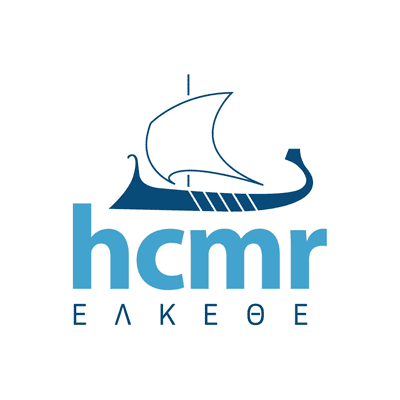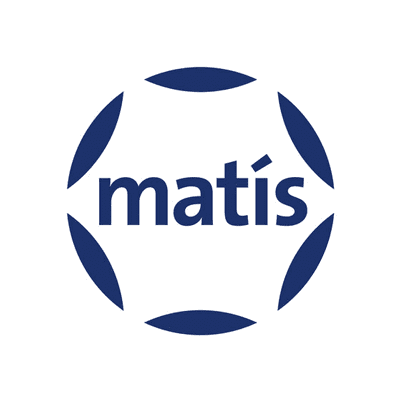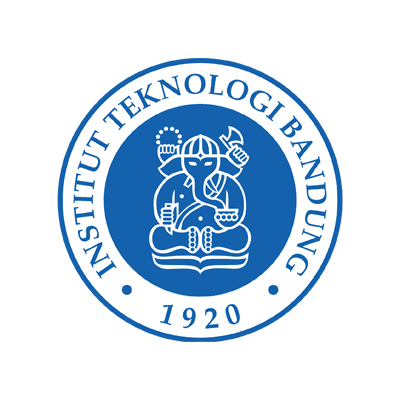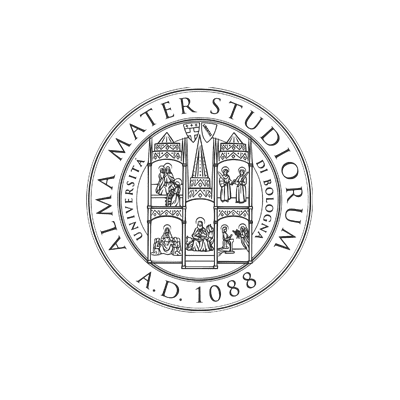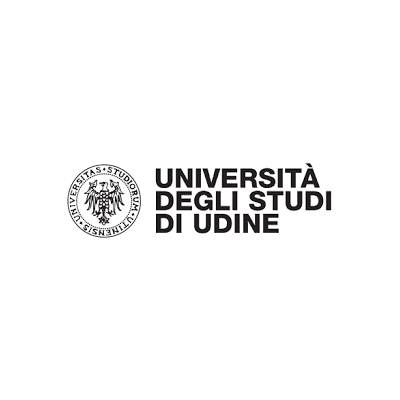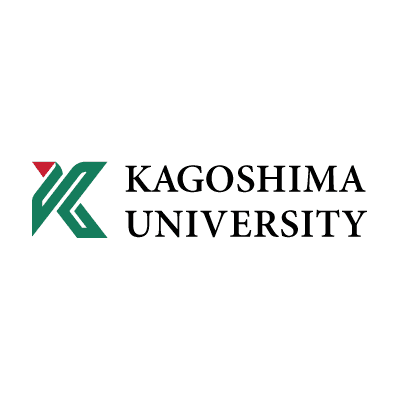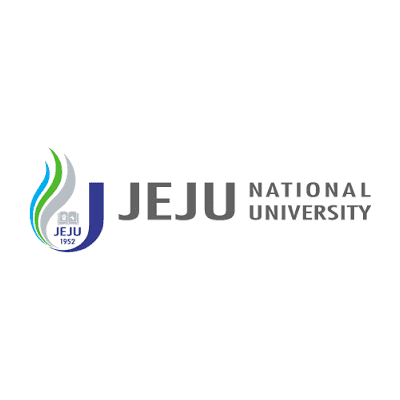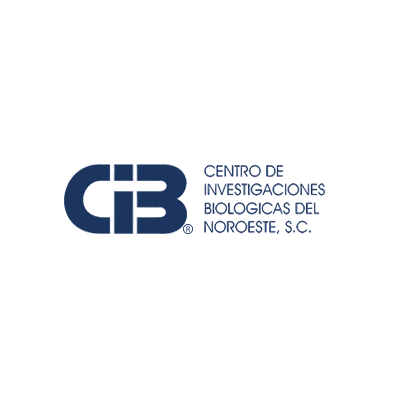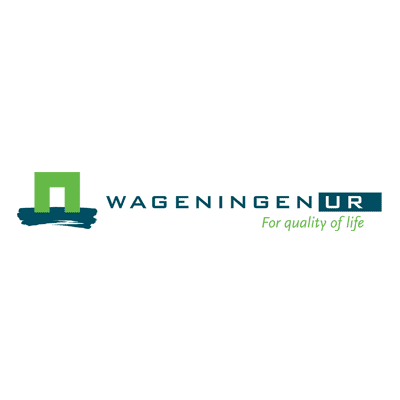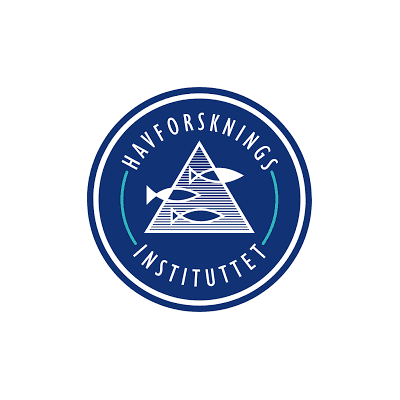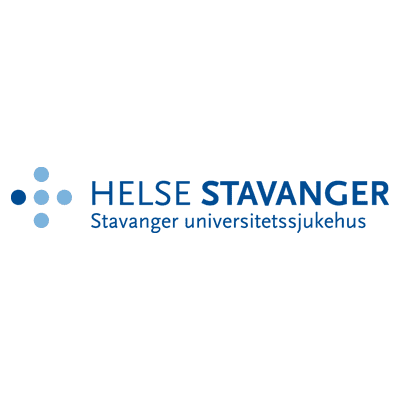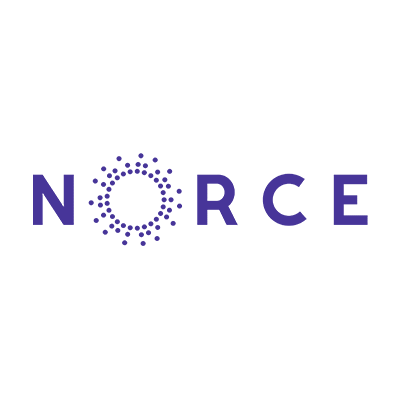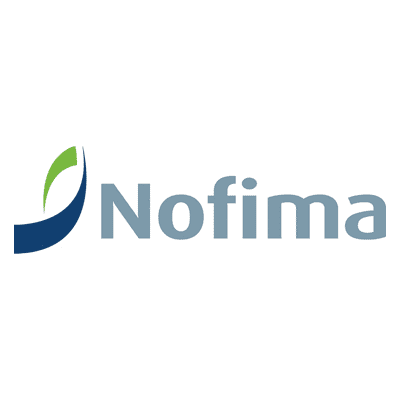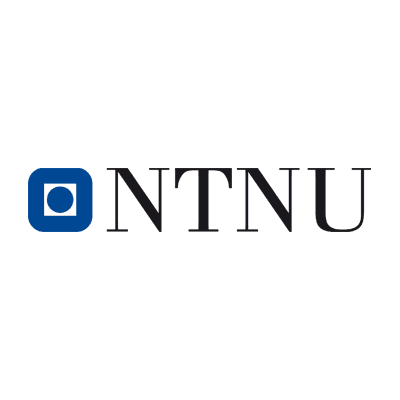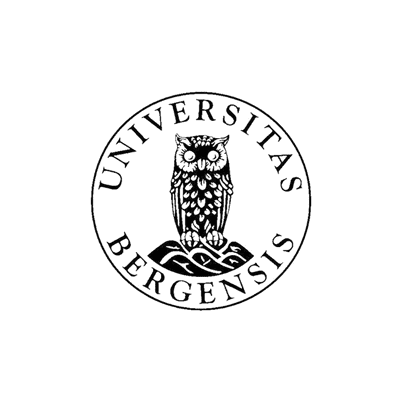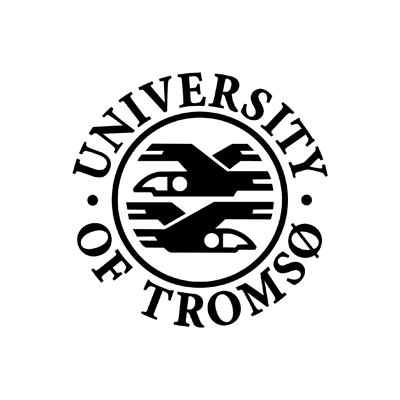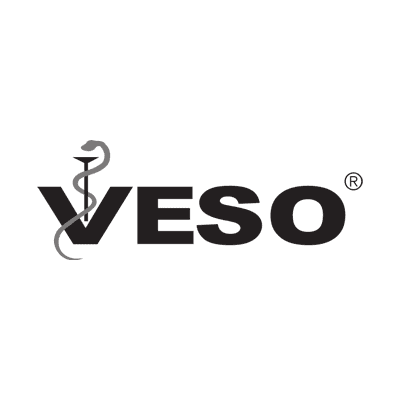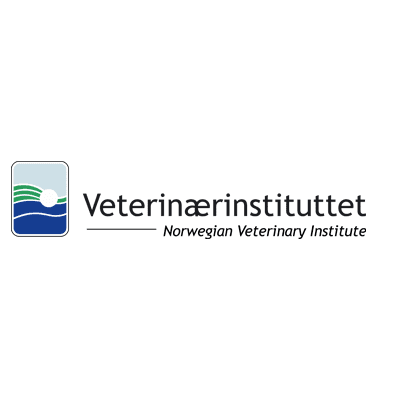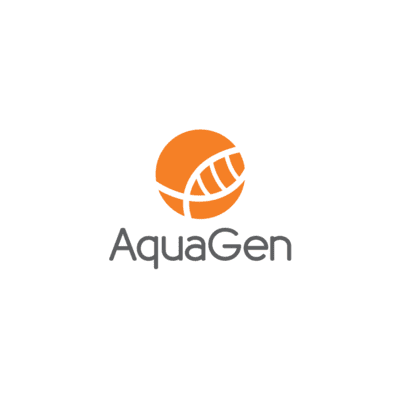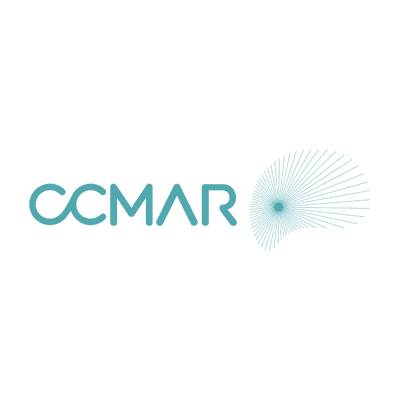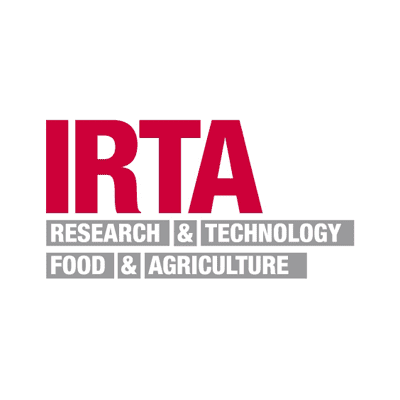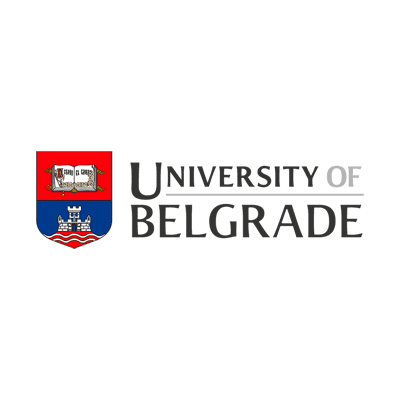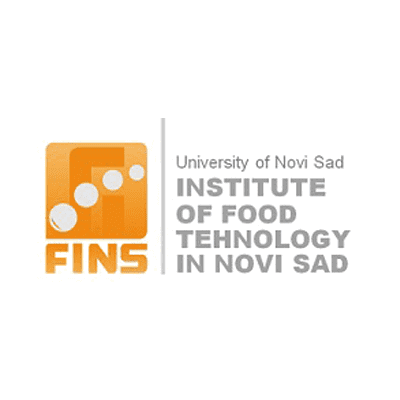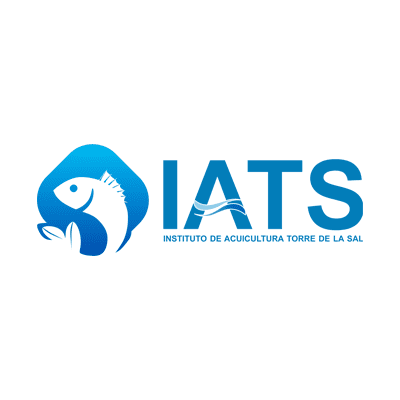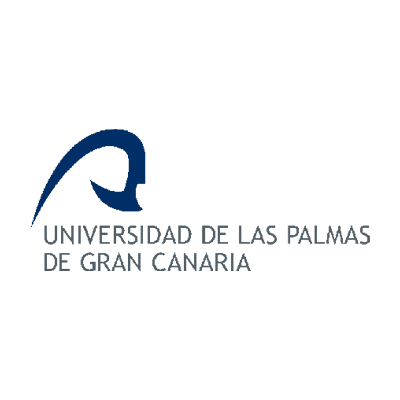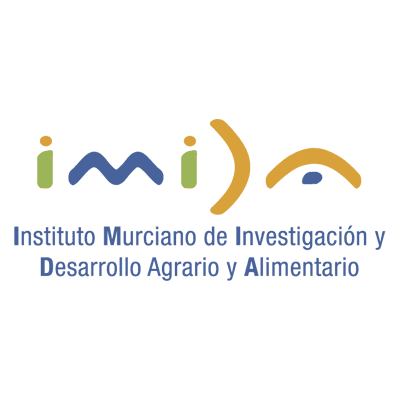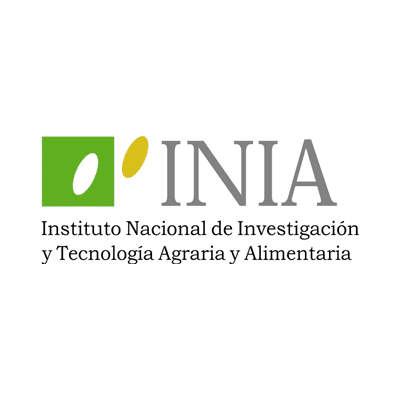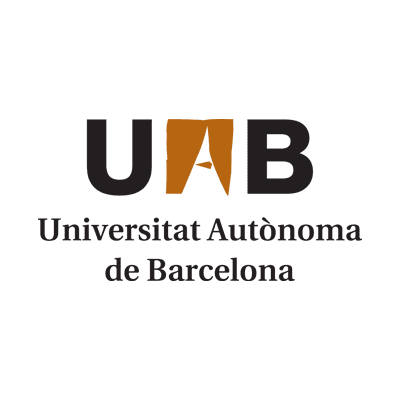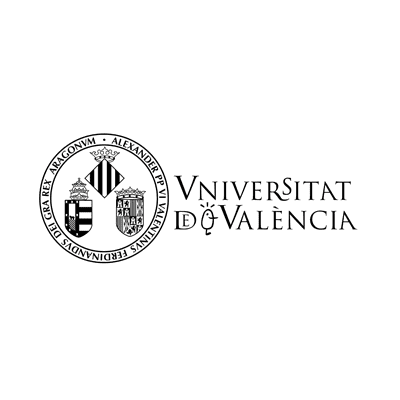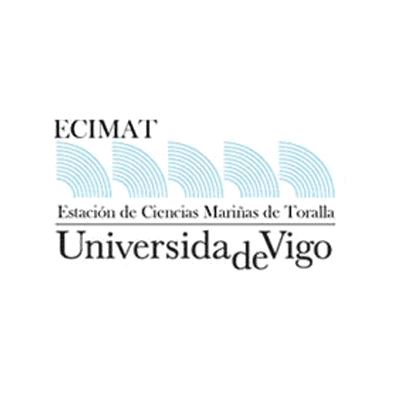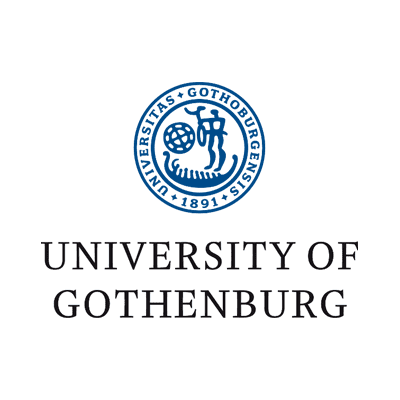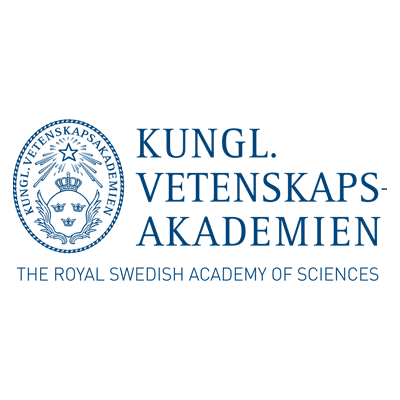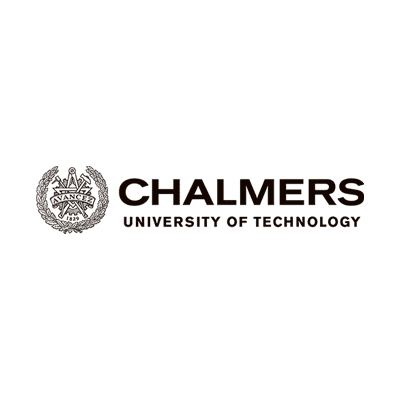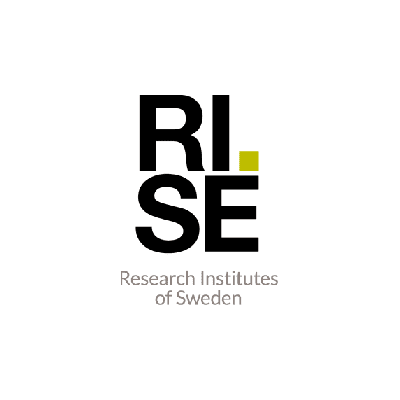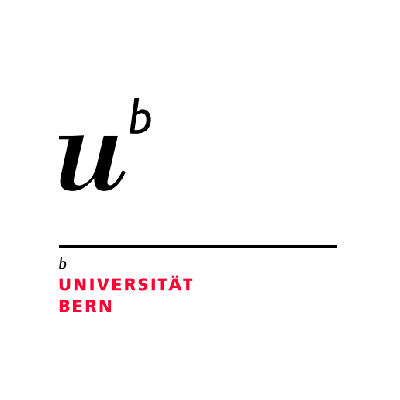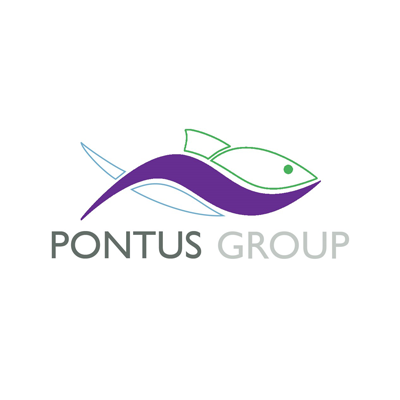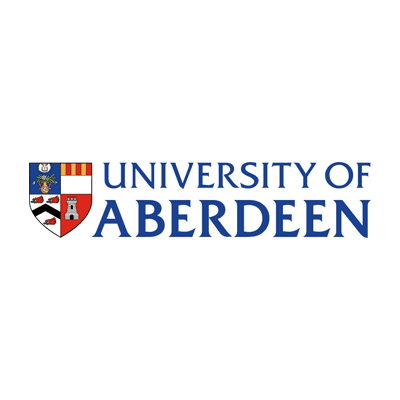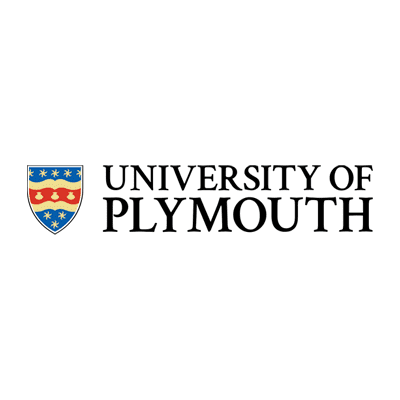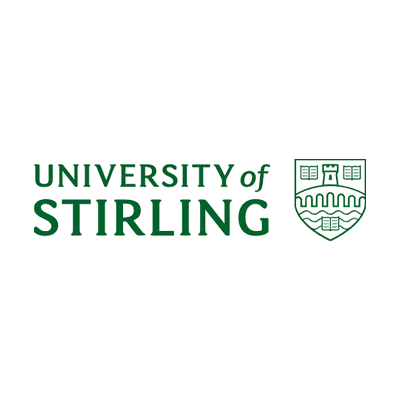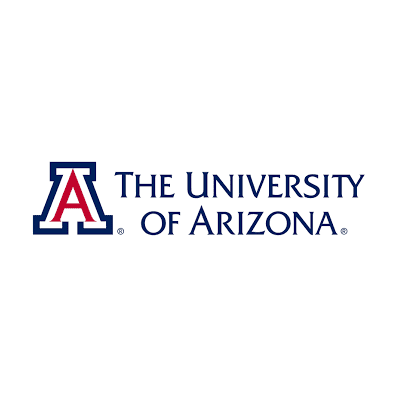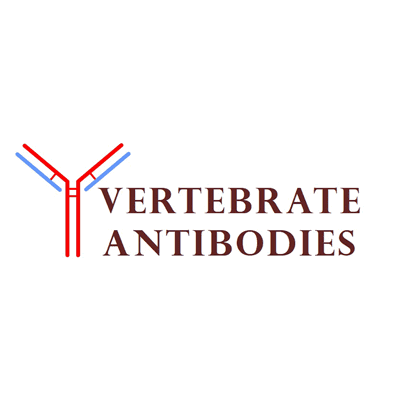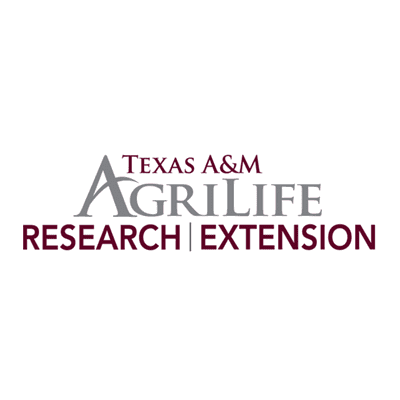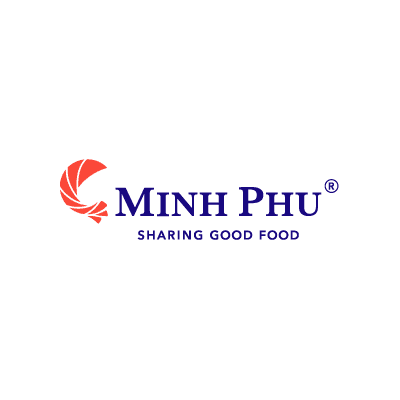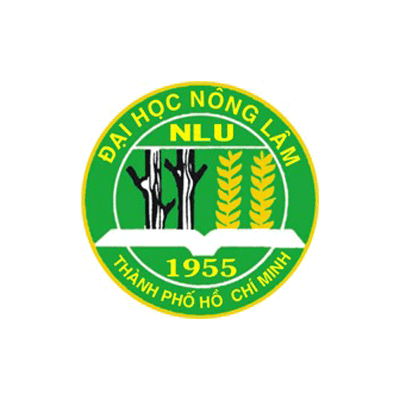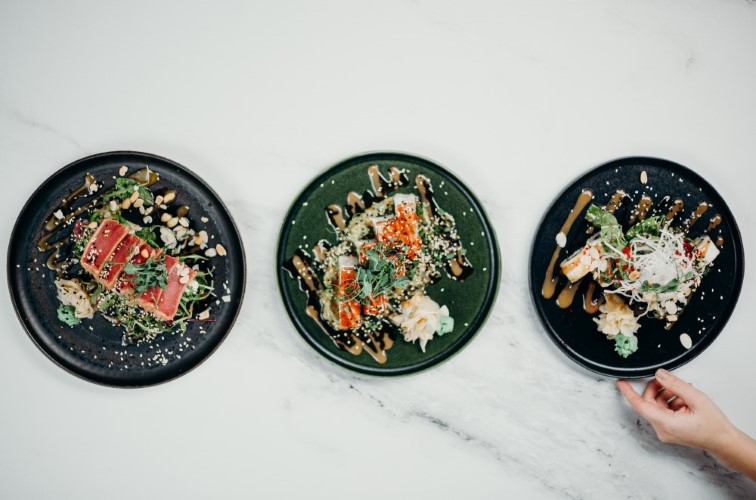
EATFish
The objective of EATFish is a sustainable and profitable European aquaculture sector to secure healthy seafood for our growing society.
We collaborate with more than 60 different research partners around the world, from governmental institutions to leading universities. Our collaborations are the link between the industrial and academic world, and promote intensive research and recruiting activities, resulting in new knowledge to the development of high performance nutritional solutions and services. Collaborating with leading universities and research institutes ensures participating in some of the most exciting research being conducted around the world. Below you can find concrete examples of this.

The objective of EATFish is a sustainable and profitable European aquaculture sector to secure healthy seafood for our growing society.
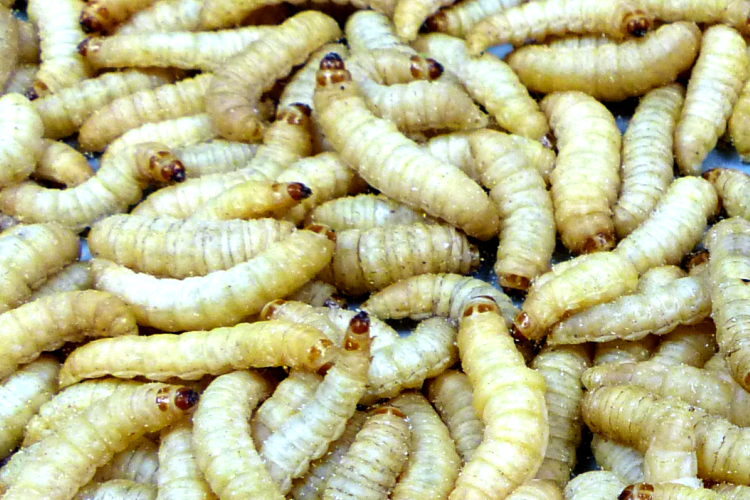
Flagship demonstration of industrial scale production of nutrient resources from mealworms to develop a bioeconomy.
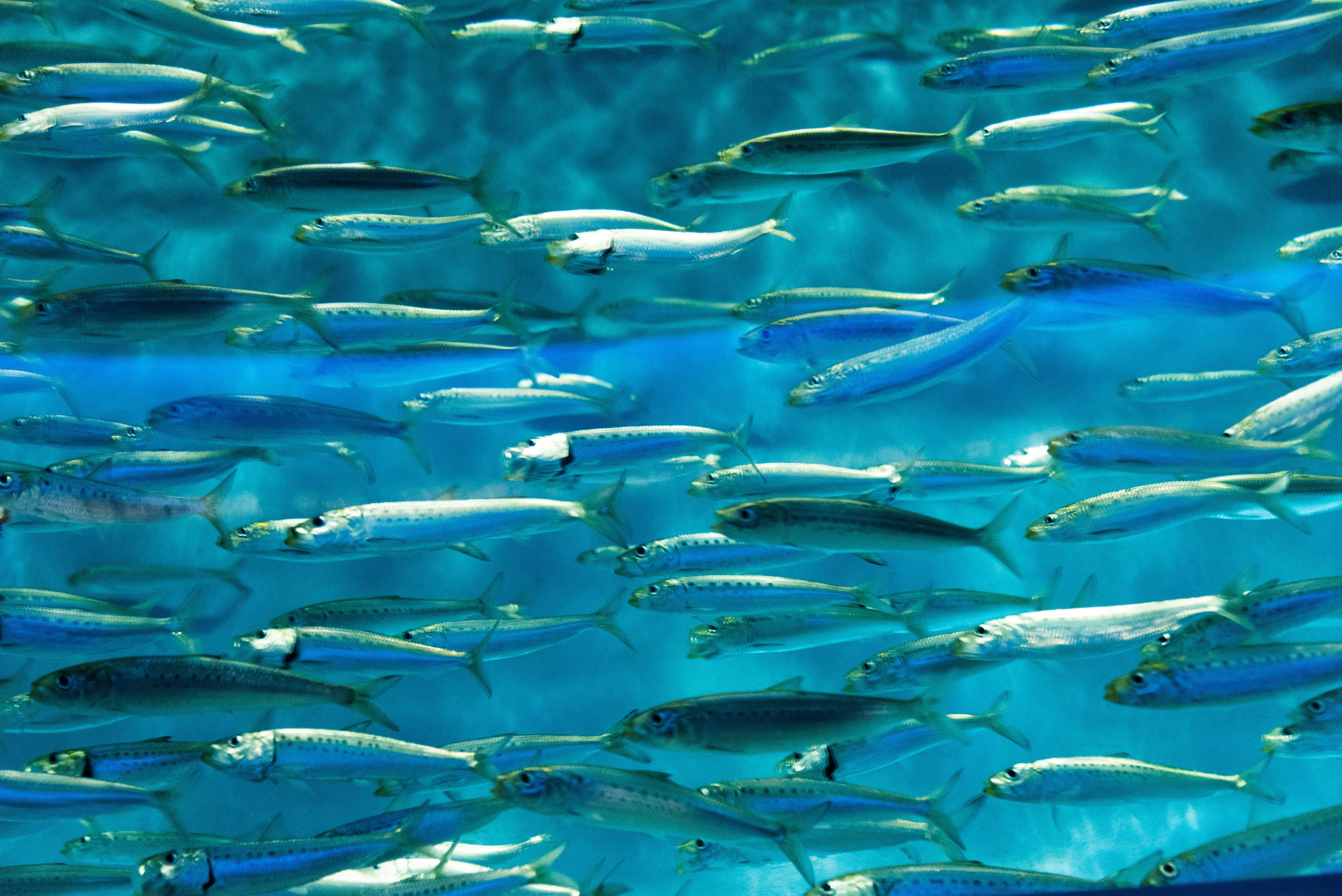
In response to the need to grow aquaculture in a sustainable way and become independent of finite feed ingredients, this project aims to develop an innovative, high-throughput screening tool that will enable the feed industry to predict the health and nutritional value of alternative feed faster and more effectively.

SynoProtein aims to develop and demonstrate a carbon-negative process that converts residues from sawmills into single-cell proteins for fish feed, as well as producing biochar for animal feed.
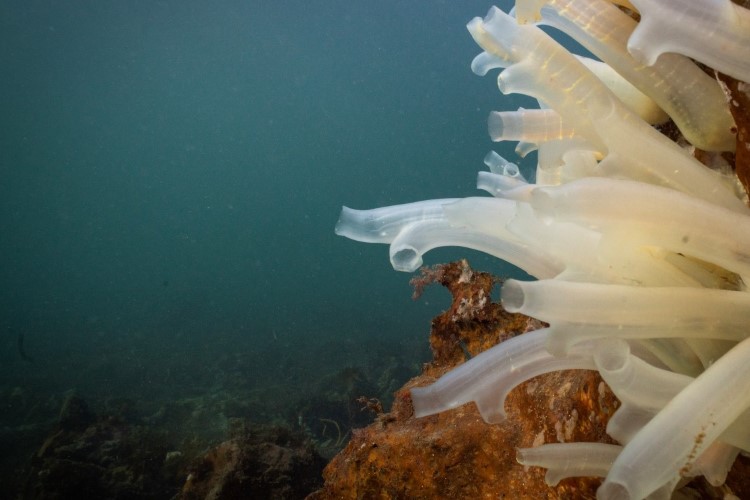
This project investigates if tunicates can be used as a raw material for salmon feed. Tunicates contain both marine protein and Omega-3, and the project will look at which parts are better suited for the purpose.
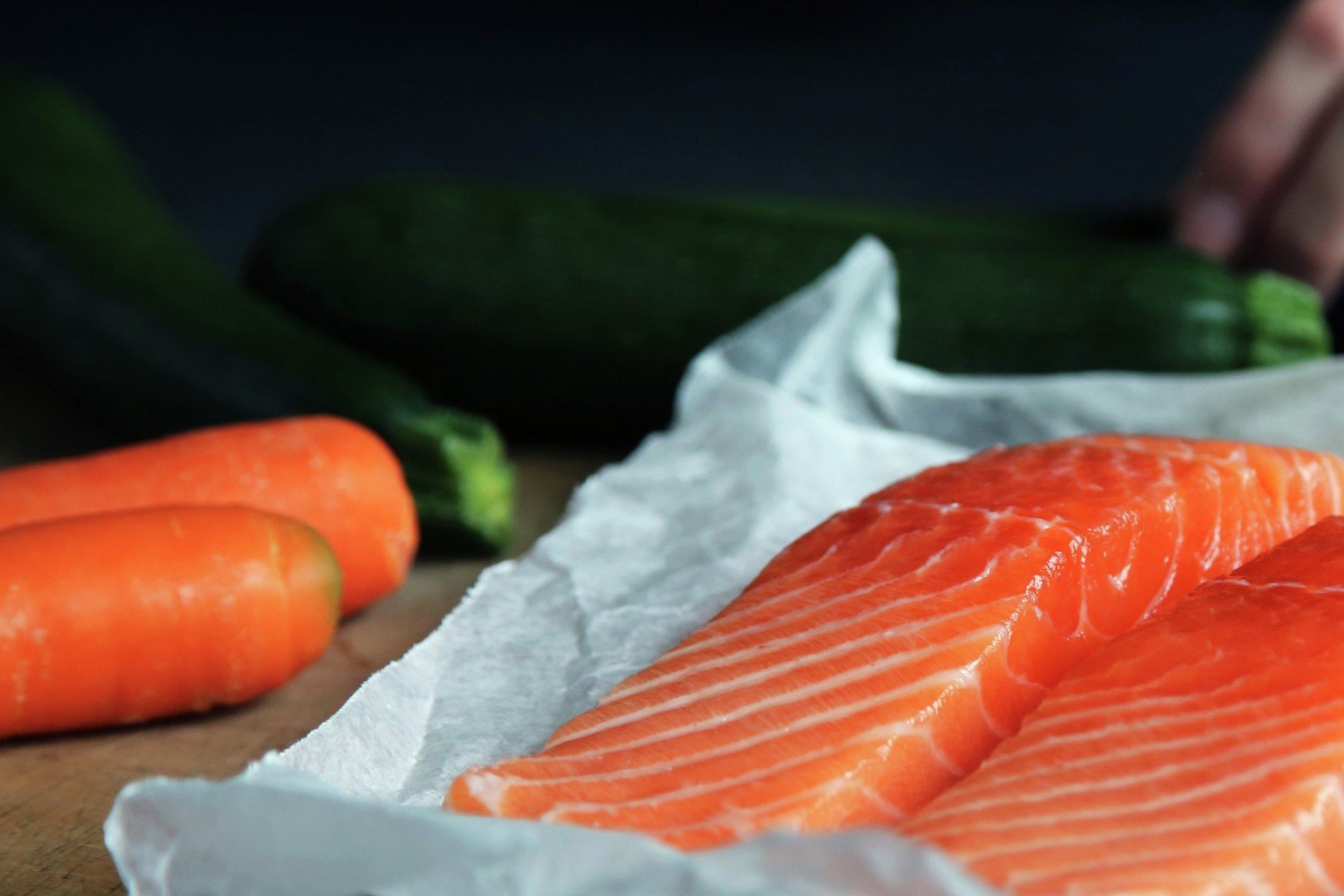
Study how dietary factors and physiological mechanisms interact and control the pigmentation of salmon muscle.
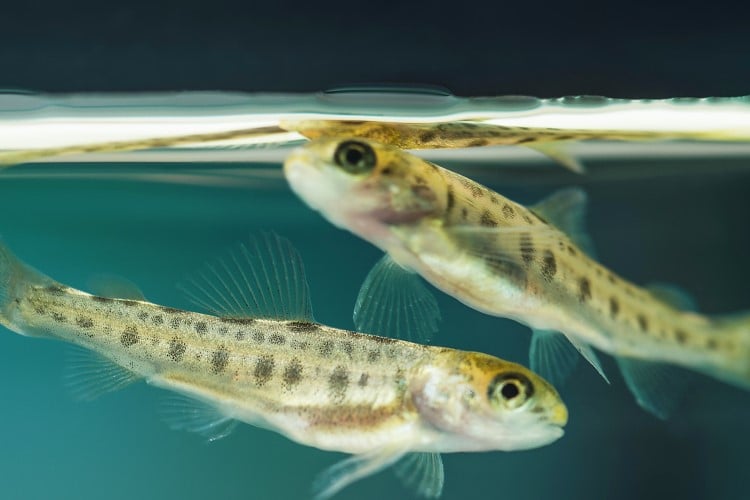
Increasing knowledge on kidney function and the physiological changes that occur when fish is exposed to different production environments, to develop preventative measures and best pracitces to reduce occurrences of nephrocalcinosis in trout and salmon.
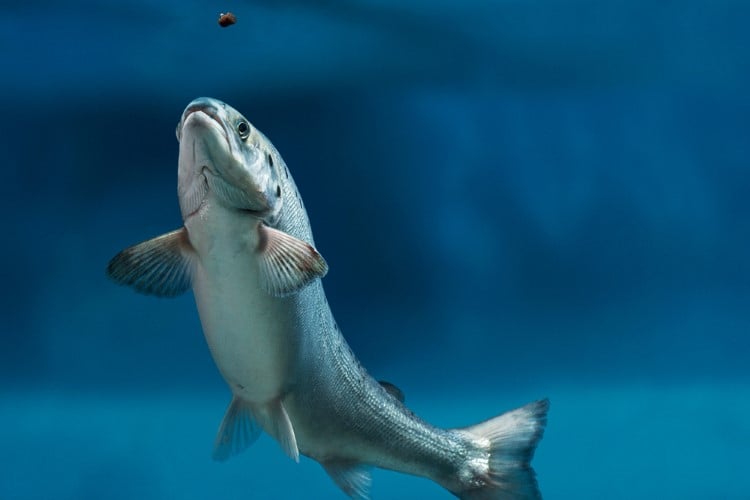
Gathering knowledge on how the interactions between fat and fatty acids, sinc and cholesterol in feed affect fish health and robustness in the production cycle.
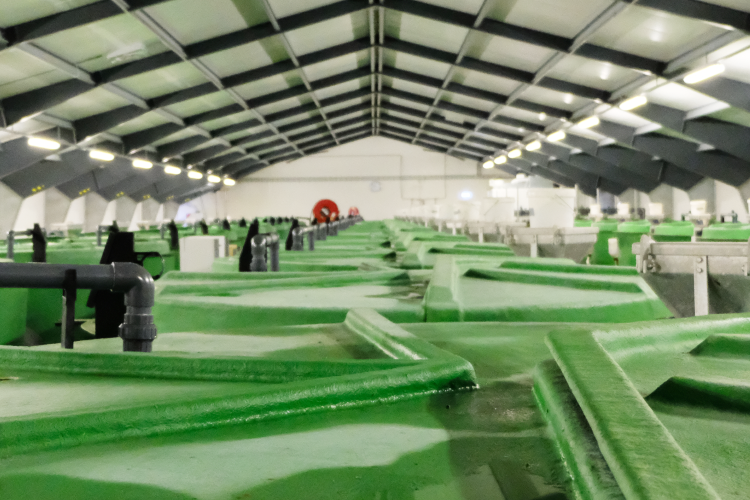
Ensuring first grade bio-security measures in RAS facilities for salmon farming through a better understanding of how pathogens spread, establish and survive in the complex ecosystem of RAS environments.
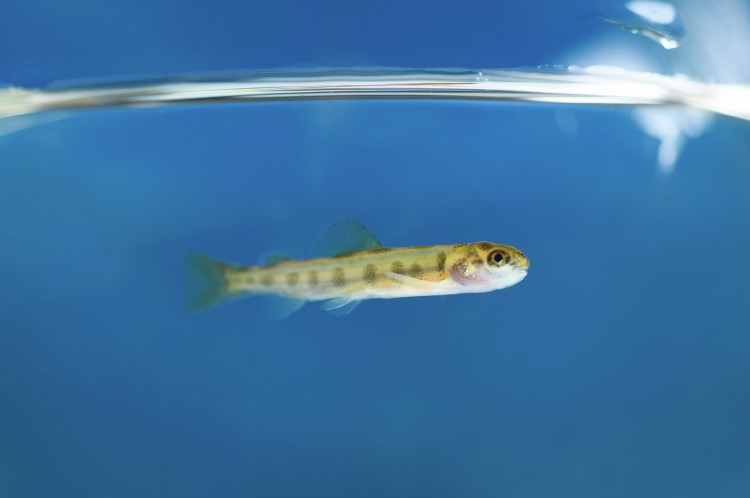
Determining life stage specific optimal levels of micro nutrition in pre- and post-smolt diets for atlantic salmon, through dosage response trials in normal and challenging conditions.
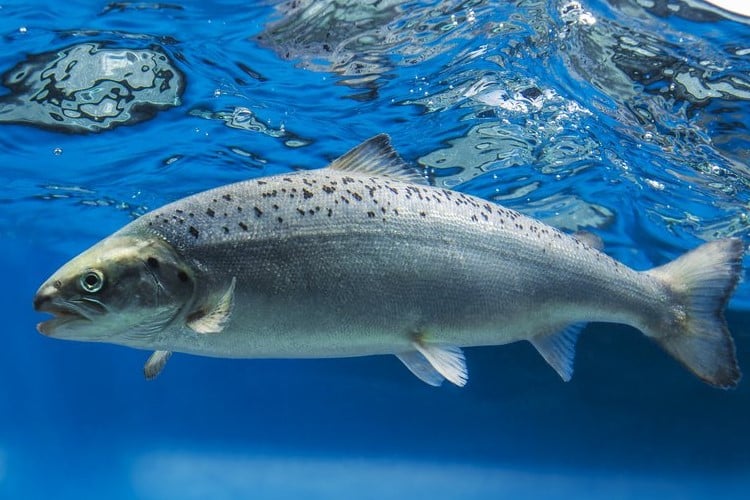
Knowledge and solutions for a successful Atlantic salmon smolt production using novel sustainable feeds that are applicable in modern recirculating landbased farming systems.
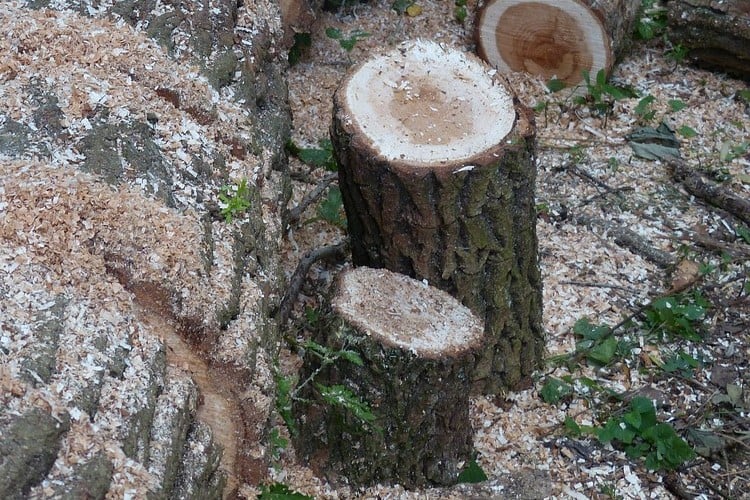
Co-production of Arbacore pellets and feed protein from wood, developing Arbaflame's existing patented technology for steam treatment of sawdust.

Bio-farming for bioactive compounds from Norwegian herbs to give better feed and packaging technology.
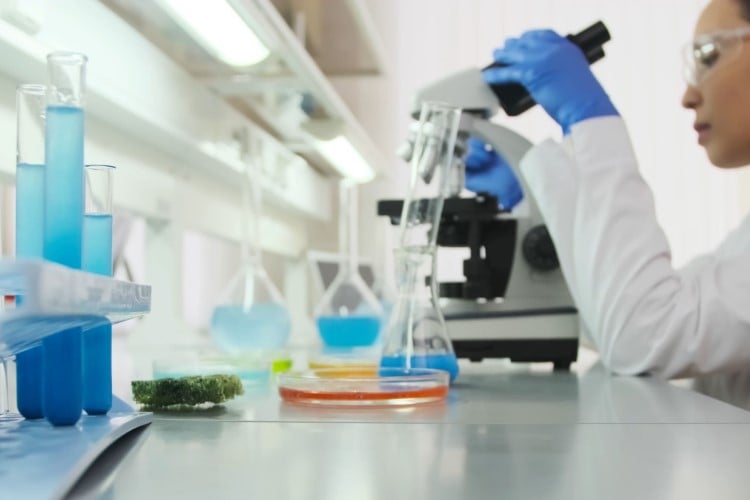
This industrial PhD project will increase knowledge on nutrition and health, particularly on the interaction between feed compounds and their absorption on cells. An in vitro system will be developed to screen novel ingredients or bioactive compounds.
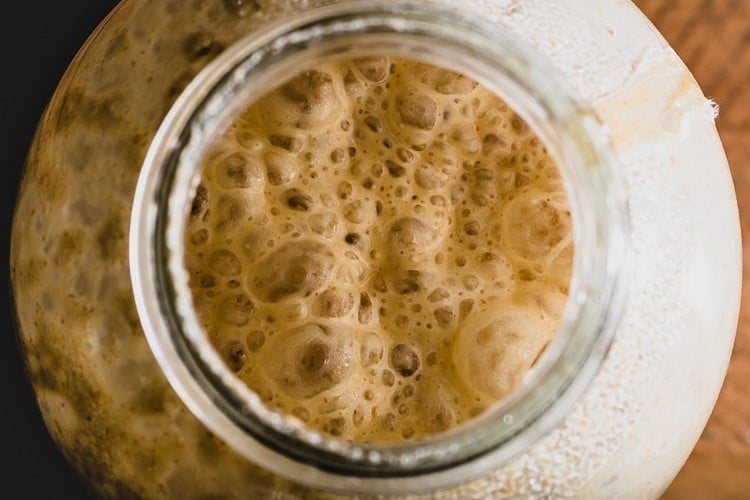
This research project is the result of an agreement between Skretting, SINTEF and NORCE for the development of the new single cell protein product. The main idea of this project is to prepare for the future by developing yeast biomass into a high-quality protein source affordable to be used in salmon feeds.
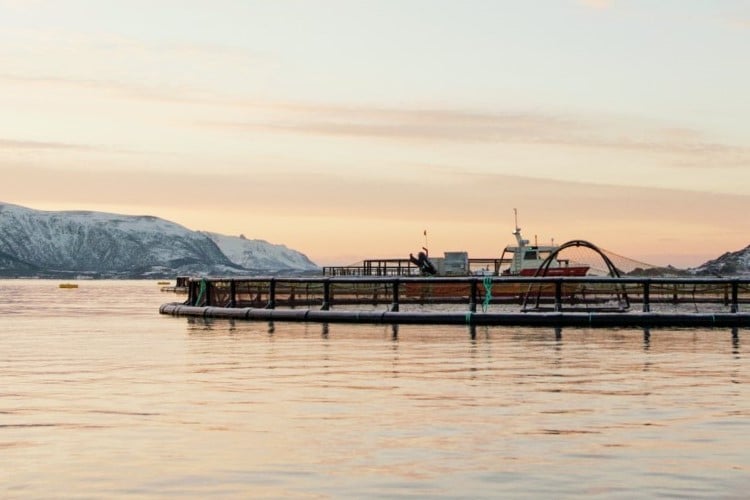
Unlocking the key to dietary intervention. This project aims to develop a diet to mitigate the effects of nephrocalcinosis on the health and welfare of salmon. It will build and expand upon existing knowledge about nephrocalcinosis at the whole fish, organ and cellular levels.

The project will develop and scale solutions for high-protein aquafeed ingredients based on fungal fermentation technology and will demonstrate the ability to transform food industry side streams into sustainable, high-value ingredients.
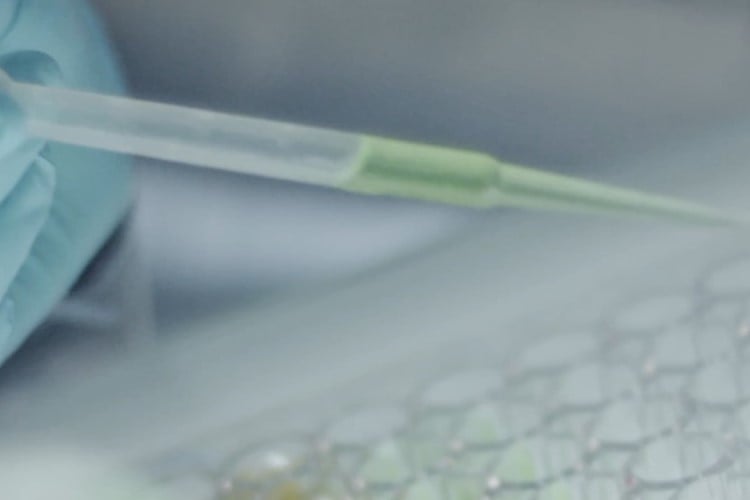
A consortium of research institutions and industrial partners contributing to giving Norway a more important international role in biotechnoloy through increased competitiveness within the biotech industry.
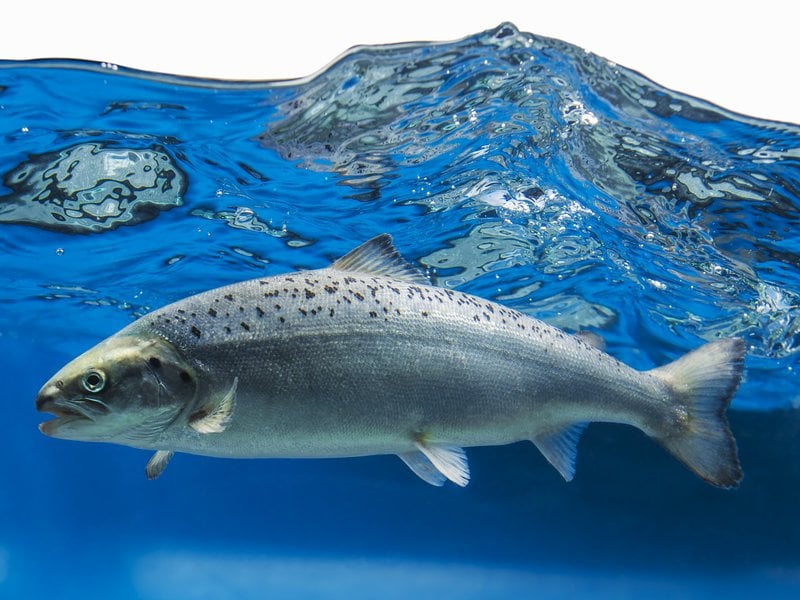
Testing different diets with Grieg Seafood Rogaland to see how they impact growth, survival, welfare and quality.

An important area of innovation is to identify and prioritise future growth areas. We are part of Nutreco, and work closely with the strategic investment team at Nutreco's NuFrontiers - which identifies and invests in start-ups and scale-ups or innovative projects and joint ventures strategically relevant for the industry.
